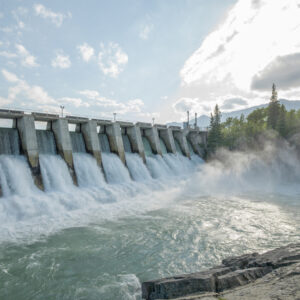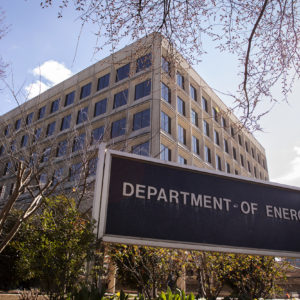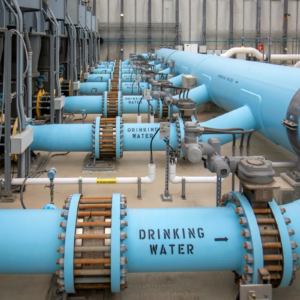Gilkes Energy has received Section 36 planning consent from the Scottish government’s Energy Consents Unit for its Earba storage project, a pumped storage hydro (PSH) initiative at Loch Earba. With an installed capacity of 1.8GW and a storage capacity of 40 gigawatt hours (GWh), it will become the largest PSH project in the UK, capable...
America Has a Political Climate Change Problem
"Regardless of who wins in November, we have serious work to do to combat political climate change. It is each of our responsibilities to choose the most radical response of all – warmheartedness and truth."
Unleash the Private Sector to Increase Building Efficiency
Unlocking opportunities for private investments in efficiency will better achieve the desired results of energy savings and emissions reductions, all while protecting the taxpayer.
How AI Can Help Airlines Reduce Their Carbon Footprint
AirAsia’s recent success with digital solutions is a model in sustainable aviation.
DOE taps GE Hitachi to lead research on lowering advanced nuclear construction costs
online pharmacy buy imuran no prescription pharmacy online pharmacy buy fluoxetine online no prescription pharmacy Iulia Gheorghiu of Utility Dive reports that the Department of Energy has tapped GE Hitachi to lead research on lowering advanced nuclear construction costs. “DOE has funded a number of initiatives in recent years to encourage the development of advanced...
5 Things Market-Based Environmentalists Should Celebrate from 2021
2021 saw much that environmentalists can celebrate, with great strides forward made for the sake of our planet and all who live upon it. As we enter 2022, our goals should build upon the success of this past year to reach even greater heights.
An “All of the Above” Energy Strategy to Reduce Emissions, Increase Supply, and Lower Prices
An “all of the above” energy strategy recognizes that, in a free market, numerous energy sources will likely have a part to play in reducing emissions.
Could Desalination Present a Solution to Rising Sea Levels?
Opening the door to private investment in desalination could mitigate rising sea levels and water scarcity.
Startup inks $65M deal to help Air Force make ‘sustainable’ jet fuel on bases
Air Company said the carbon will initially come from industrial facilities — which is how the startup currently makes fuel at its 'pilot plant' in Brooklyn, New York. But the startup also has its hands in direct air capture, which is 'part of the technology that Air Company would be building out on site,' a spokesperson for the firm said.









